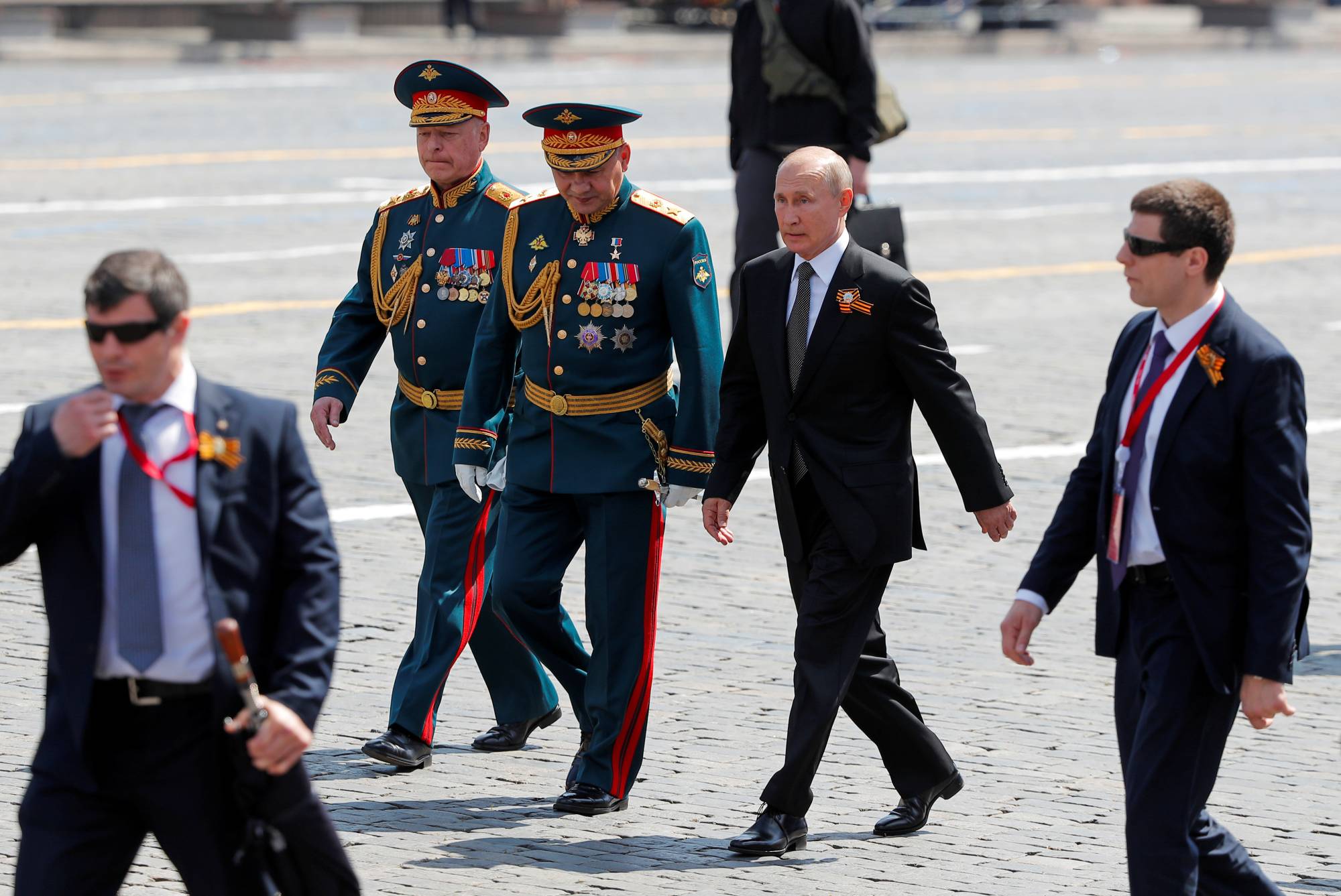German, French, and Swedish medical experts agree: Alexei Navalny, Russian President Vladimir Putin’s highest-profile domestic critic and the founder of the Anti-Corruption Foundation, was poisoned with the nerve agent Novichok. Navalny has survived. Russia’s relationship with Germany may not — and that would not necessarily be a bad outcome.
Emphasizing the importance of taking “a clear stance,” German Chancellor Angela Merkel has declared Navalny to be the “victim of a crime intended to silence him.” The case, in her view, raises “very serious questions” that “only the Russian government” can — and must — answer. “The world,” she averred, “will wait for an answer.”
Merkel has called for Russian authorities to launch an independent and transparent investigation into Navalny’s poisoning. The European Union and the United Kingdom have echoed that call. If such an investigation were to expose the Russian state as the culprit, the European Commission suggests, new sanctions may be in order. After all, according to the Organization for the Prohibition of Chemical Weapons, the poisoning qualifies as use of a banned weapon.



















With your current subscription plan you can comment on stories. However, before writing your first comment, please create a display name in the Profile section of your subscriber account page.